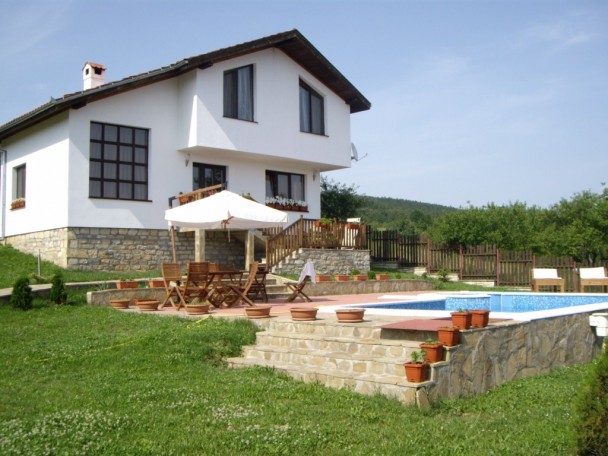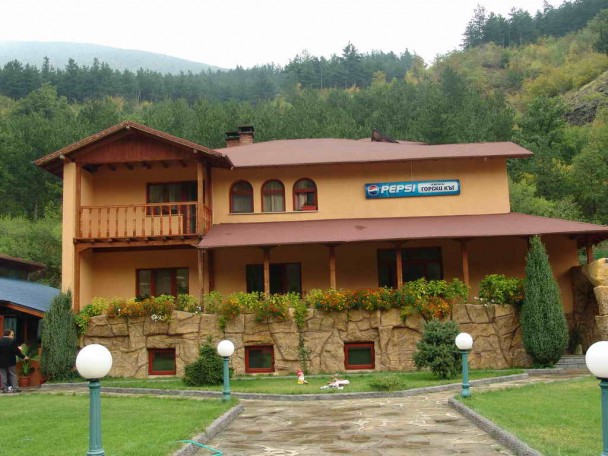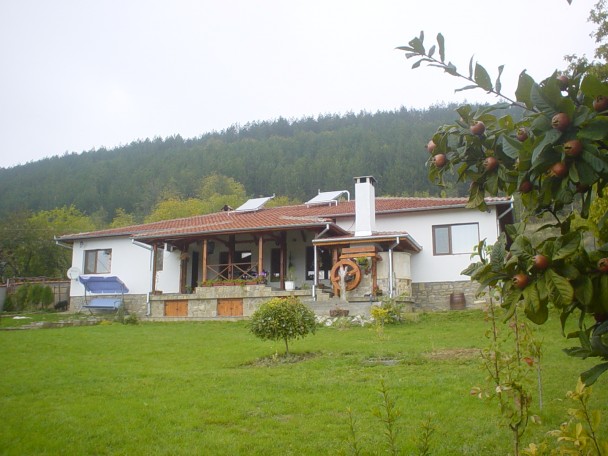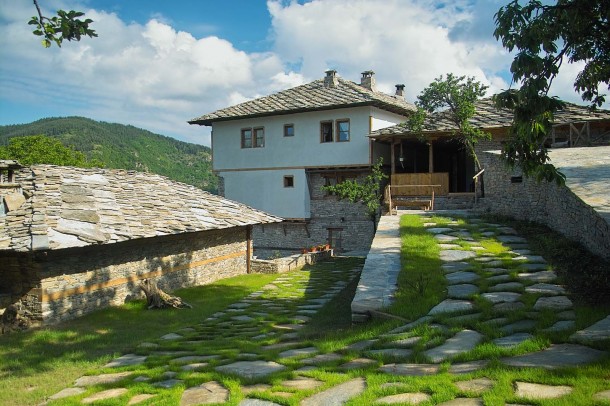Encumbrances on Bulgarian property
- on 05.01.11
- Bulgarian properties articles
- No Comments
In general your lawyer will check the existing notary act of the current owner or seller. He or she will check the history of the Bulgarian property that you are buying and also if there are any encumbrances on it – mortgages, court claims, court injunctions and so on. Since all notary acts are registered with the Registry Agency, it is possible to trace the history of the property in Bulgaria and all previous transactions.

Unlike other countries, in Bulgaria, if the owner of a property in Bulgaria has a personal debt it will not necessarily stay with the specific Bulgarian property. The encumbrance on the property may exist only if it has been registered for that particular property, under a legal form, and registered with the Registry Agency. An example of encumbrance that is still attached to the property may be a mortgage taken out on the property to secure a debt or loan that the owner has to his creditor-for example a bank. If there is a mortgage on the Bulgarian property you are buying, the debt is not transferred to you, but follows the property. That means that the initial owner who took the loan from the bank will have to still pay back the money to the bank, but because you are the new owner of the property, if he fails to pay back the loan,the bank can take its money through a sale of the Bulgarian property. That is why you should request from the seller to take the mortgage off the property, pay back or mortgage another property.

So, it is important that there are no encumbrances on your Bulgarian property at the moment you are signing the preliminary contract and the final notary act. Sometimes it happens that a mortgage exists on the property at the time of signing the preliminary contract. Depending on the particular case, your lawyer may advise that it is possible to oblige the seller to remove the mortgage before the signing of the final notary act. The lack of, or existence of, encumbrances on a property is established through a certificate issued by the relevant Registry Agency in the region where the property is situated.

Regulating the Boundaries of the Bulgarian Property
Like most countries Bulgaria has a system similar to the UK’s Land Registry. This function is performed by each municipality, and it is from there that you order the plan drawing (skitsa) of your plot and those that border it. Unfortunately, in Bulgaria the information on this skitsa often contradicts what is actually seen on the ground. So when you see a property with a garden, the actual plan shows something completely different. It is estimated that 90 per cent of properties in villages have these problems with their boundaries.
The reason for these discrepancies is very complex and beyond the scope of this book to detail, but the result of these problems is that your lawyer may need to carry out certain procedures to get the boundaries regulated. One of the most common procedures for regulating the boundary is called ‘paragraph 8’. It would seem sensible to carry out this procedure once the problem is identified, but very few lawyers bother to do so, and even fewer bother to inform their clients of the issue in the first place.
The reason that most are reluctant to do it is because it takes time (you need to get all the neighbours’ signatures) and leaving the border situation as it is does not mean that the deal is illegal, simply that the borders have not been regulated. The regulation of the borders can be done at any time in the future. You are strongly advised to discuss the issue with your lawyer and/or agent before proceeding. Discussing ‘paragraph 8’ procedures with them will certainly impress on them that you know your facts about buying property in Bulgaria!


Leave a Reply
You must be logged in to post a comment.